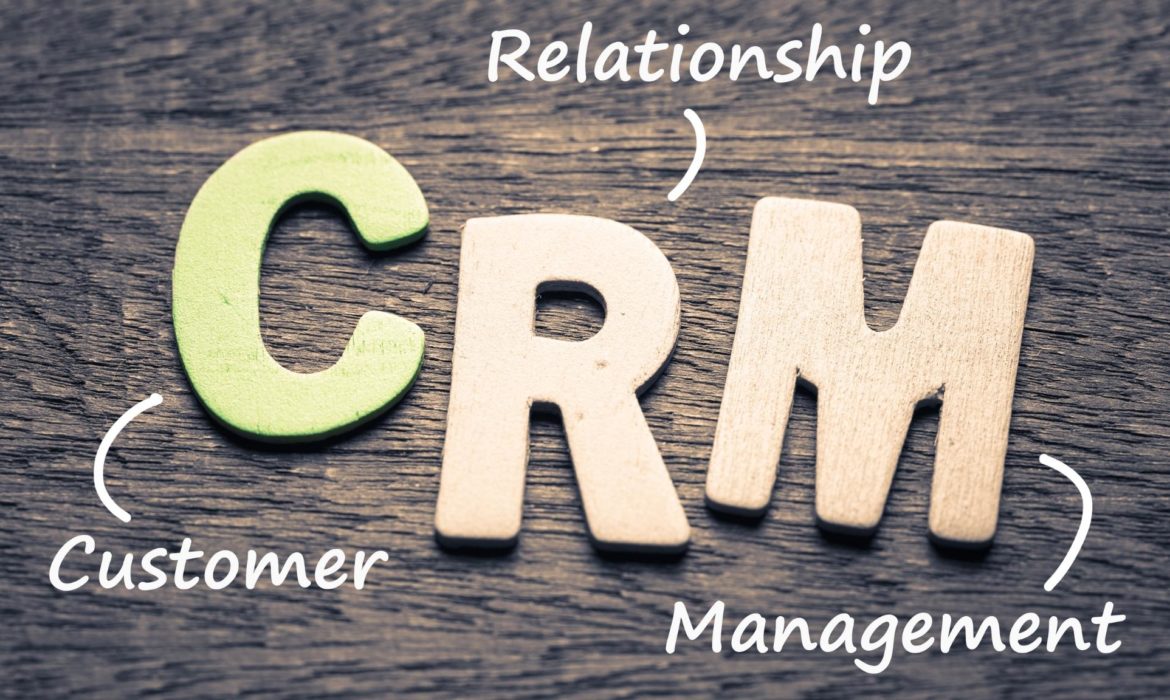Website creation , a well-thought-out marketing strategy, competent promotion in social networks – all this helps a small business to attract more customers.
However, the growing popularity of the brand creates new challenges. Large numbers of clients are difficult to manage – especially if you keep records in a notebook or Excel spreadsheet.
This is where a CRM system will help you – a comprehensive solution that allows you to account for customers, manage sales, automate business processes and simplify analytics and reports. In the article we will tell you what CRM is, what are its advantages, and how to understand if it is time to implement such a system in your business.
What is CRM and how does it work
Contents
CRM (Customer Relationship Management) is a customer relationship management system. Traditionally, this acronym refers to an approach that uses analysis of customer preferences and behavior for more effective lead generation and sales. However, more and more often, CRM means not just a method, but tools and programs that help to achieve the desired result.
CRM is an essential part of small business management. It allows you to collect all information about potential and current customers in one place. This is very important because this information is usually scattered across different platforms: for example, on social media, on a website or mail, or in marketing presentations. In addition, CRM provides useful tools like live chat, marketing automation, or contact management. All this helps to more effectively lead the buyer through the sales funnel from the first contact to the purchase.
Why do you need CRM
Here are some important signs that it’s time for you to use CRM:
- You have accumulated too many Excel tables with reports that do not add up to a coherent picture
- It’s hard for you to track shopping behavior across platforms
- Your marketing and sales teams are mired in routine tasks and don’t have a single business strategy
- You are struggling to convert leads and retain existing customers.
An example of using CRM in small business
Anna bakes custom-made cakes. In the first couple, she had 5-10 clients a week – so she herself took orders through her Instagram account, negotiated the details, paid and delivered the cakes. But over time, orders increased to 200-300 per week, a catering service was added to the cakes, and they had to hire bakers and drivers, create a website , rent a workshop and open a physical bakery.
Managing clients manually became difficult: they forgot to contact one client, another did not specify special wishes, and the third brought the wrong cake. Plus, Anna spent all her time on process management, and she did not have the strength to come up with a new menu. In order not to lose clients and unload herself and her employees, Anna implemented CRM. Now each order is processed according to the same scheme.
1. The customer places an order on the bakery’s website, and the task “Contact the customer within ten minutes” appears in the CRM. If the manager misses the task, Anna will receive an automatic notification.
2. The manager contacts the client, helps to choose the filling and appearance of the cake, learns special wishes, information about allergies and other important details. After that, he transfers the task to the next stage – “Payment”.
3 . CRM automatically generates a document for payment, taking into account the size and details of the order. The manager sends the document to the client, and after payment transfers the task to the “Preparation” stage.
4. The shop manager appoints a responsible pastry chef and transfers the task to him. All customer wishes have already been recorded in the CRM – so the pastry chef does not waste time clarifying the details of the order.
5. After the cake is ready, the pastry chef moves the task to the “Delivery” stage. The driver receives an automatic message with the address and time of delivery, as well as the customer’s phone number. After the order is delivered, the driver marks it in the CRM, and the order is considered complete. After completion, the order is saved in the database. Anna can use the order archive for all sorts of analytics: the effectiveness of managers, the amount and number of orders, determining regular customers and the most popular dishes, and much more.
Benefits of using CRM
Improved analytics
Any prosperous business is a huge amount of daily updated information that is almost impossible to keep in mind. CRM not only brings this information together, but also makes it more understandable and structured for perception.
Deeper understanding of customers
CRM collects information about customers and leads from different sources and brings it together on a single platform. This allows you to create an effective marketing strategy that is more targeted to customer needs.
Superior service
CRM stores customer information – including contact details, purchase history, and special requests. This means that when communicating with the sales department and other business representatives, the client does not have to repeat what he needs over and over again. The buyer will feel as if you know their needs in advance – and this in turn will lead to an increase in customer loyalty and reputation in general.
Sales growth
Because CRM provides comprehensive insight into customer behavior, it is easier for marketers and sales teams to join forces and communicate correctly with a customer based on their position in the sales funnel. This is positively reflected in the conversion rate.
Better customer retention
Customer retention is just as important as customer acquisition. According to research , a 5% increase in customer retention increases sales by 25-95%. CRM allows you to improve and speed up communication with customers, and as a result, expand your loyal customer base.
Facilitate workflow
CRM helps automate routine tasks such as abandoned cart emails or payment confirmations. This relieves the workflow and leaves more time for strategic tasks.
Improved communication between departments
A single database and a step-by-step system of tasks allows each department to feel part of a global process. Using CRM increases productivity and eliminates confusion in team processes.





